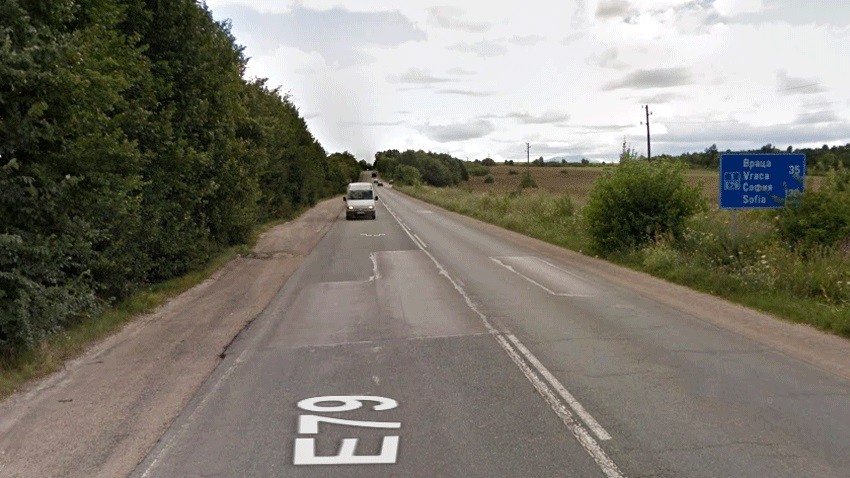To what extent can the proximity of a major economic center such as Sofia, which generates nearly 40% of the country's GDP, influence the development of the most backward region in Bulgaria – the country’s Northwest? We are looking for an answer in an interview with economist Adrian Nikolov from the Institute for Market Economics (IME). The topic is part of Radio Bulgaria's series on regional and economic disparities in the country.
Large economic centres draw workers from long-distance places. Studying this process, two years ago, the IME conducted a specialized analysis of the extent to which workers travel to and from major economic centres in the country.
"It turns out that Sofia draws more than 10% of the workforce from municipalities as far away as Mezdra, i.e. nearly 100 kilometres away”, Adrian Nikolov explains. “We are talking about very long distances that people tend to travel to reach good jobs. But the lack of infrastructure, especially good-quality infrastructure north of the capital, is actually one of the big obstacles. For comparison, in regions like Varna or Plovdiv (Eastern or Central Bulgaria) we are talking about integrating 5 to 10 municipalities into one compact economic core where people can travel and work from one municipality to another. In northern Bulgaria this is less common, especially in more remote places such as the Danube towns of Lom and Ruse.”

How effective is the construction of industrial zones in lagging regions?
"The creation of industrial zones has been successful, especially in some southern regions of Bulgaria. The "Thrace" region in Plovdiv is probably the most visible example, but Stara Zagora also intends to create one, Varna too. Sofia has a similar industrial hub in Bozhurishte (13 km west of the city center), which works quite well. But they are in places where there was already an active business activity. That is, if one wants to create an industrial zone that is highly integrated based on the model of the Thrace zone, this would work in Gabrovo or in Sevlievo (towns in Central Bulgaria that have traditions in industrial production). But if we try to create such an economic zone from scratch in Lom or Silistra, (towns on the banks of the Danube river), I personally have little hope that this model would work in the absence of other factors. What we propose as a specific policy is the transfer of a part of the income tax from the state budget to municipal administrations. Municipalities are those who know how the local economy works, know what the local needs are because the central planning of 265 individual municipalities, separate economic units is very difficult. Transferring more of their local resources to improve the business environment in municipalities is part of the solution. This cannot happen unless a state administrative reform is done, because our municipalities are too many and do not meet their own criteria for existence. ”
EU funds simultaneously help and hinder the development of municipalities in Bulgaria. To some extent, they played a bad trick on the local administration, says analyst Adrian Nikolov, adding:
"Local authorities in many places have limited administrative capacity. Therefore, they can focus either on absorbing European funds or improving the business environment and attracting a stronger real business. Accordingly, the choice for many of them over the last 10 years was more in favour of EU funds than improving their local business environment. And that's what we really suffer from."
Radio Bulgaria’s series "Stories from the Bulgarian Regions" by Radio Bulgaria will continue next Wednesday as we will look into what would be the optimal size of the economic planning regions in the country.
English Rossitsa Petcova
The two largest trade unions in Bulgaria - the Confederation of Independent Trade Unions in Bulgaria and the Confederation of Trade Unions "Podkrepa" - are organizing a warning protest in front of the Council of Ministers building. It is planned for..
In view of the country's declining population, the Fiscal Council recommends that the government take savings measures in the 2026 state budget. The measures include: reducing the municipal administration by merging municipalities;..
No disruptions or price increases are expected on Bulgaria’s fuel market following the US sanctions imposed on Russian oil companies Rosneft and Lukoil, Bulgarian Petroleum and Gas Association Chairman Svetoslav Benchev told BTA. "For now, I..

+359 2 9336 661
